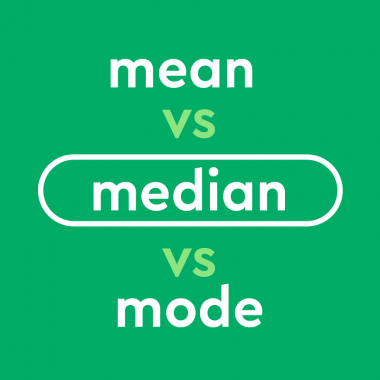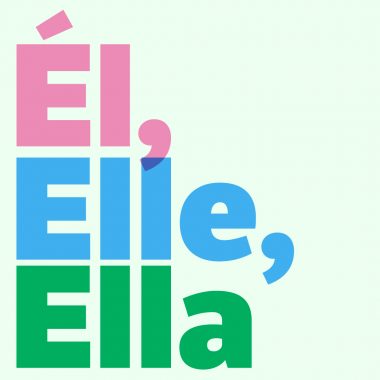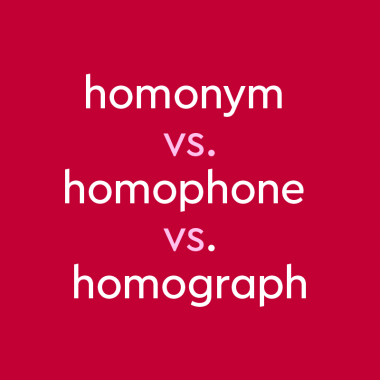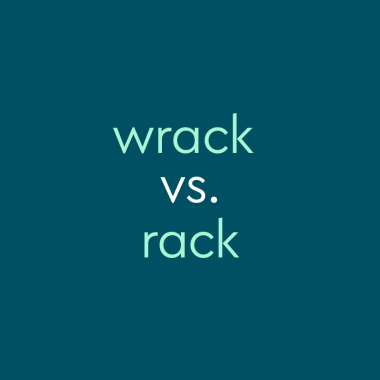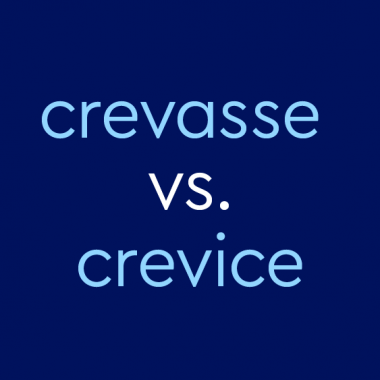“Advice” vs. “Advise”: What’s the Difference?
Advice and advise are closely related—they’re used in the same contexts and they’re separated by only one letter. But they’re pronounced differently. The challenge is really remembering which spelling to use for the noun and which spelling to use for the verb. Take our advice: after we advise you on the difference, you’ll never get them mixed up again. Advice is a noun that means …

